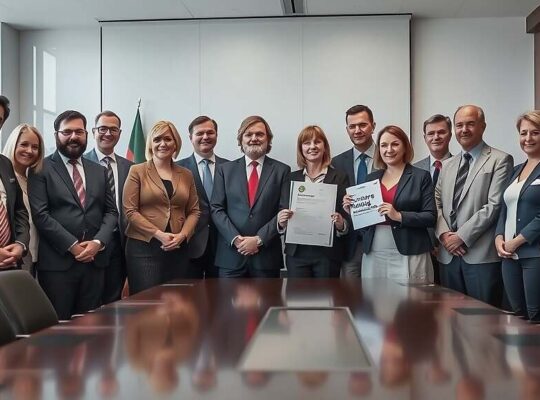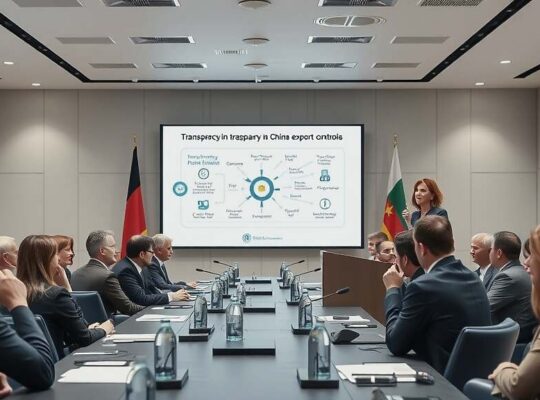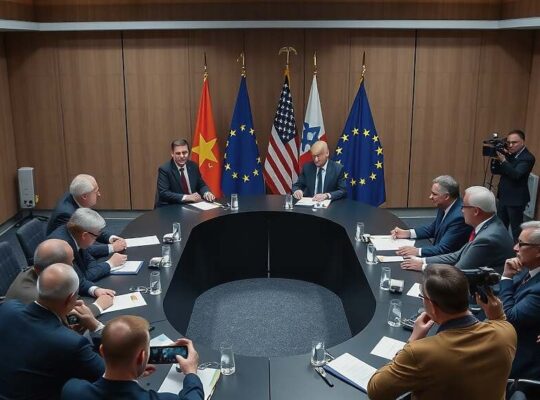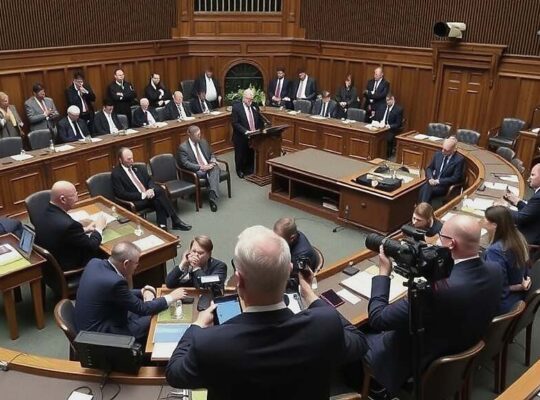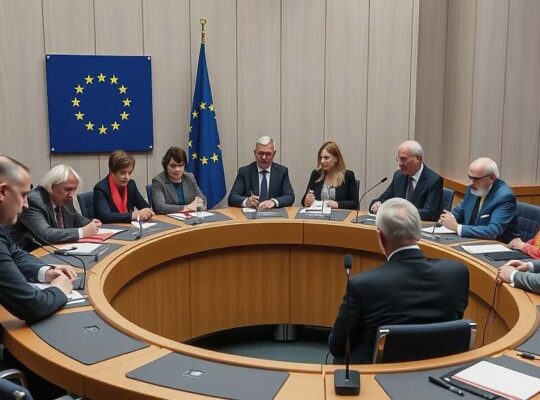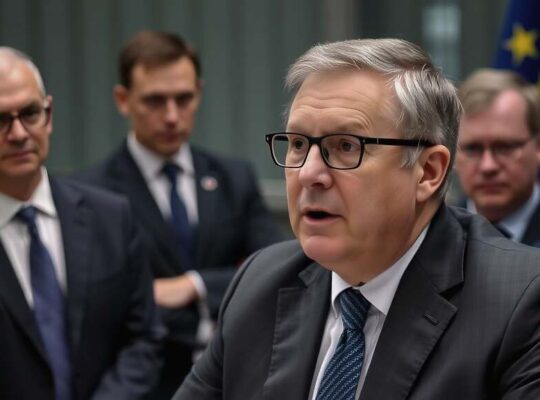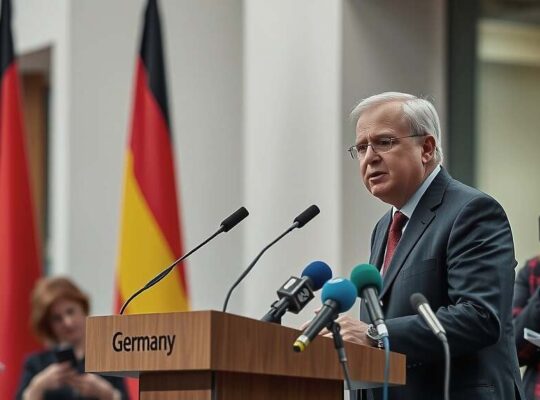The potential for negotiated settlements in the Ukraine conflict presents an opportunity, but current US and European strategies are fundamentally inadequate to secure a just and lasting peace, according to former parliamentary group leader of the Social Democratic Party (SPD), Rolf Mützenich. In an interview with “Der Spiegel”, Mützenich cautioned against relying solely on existing diplomatic avenues, arguing they fail to adequately sanction Russia’s actions and the war crimes attributed to President Putin.
While acknowledging that elements within these plans could contribute to a cessation of hostilities, Mützenich emphasized the critical need for broader international engagement. He specifically pointed to the need to engage governments in China, India, Brazil and Turkey, arguing that a multilateral approach is essential to achieving a meaningful breakthrough. “We will not achieve this alone” he stated, warning European governments against becoming perceived as obstacles to progress.
Mützenich’s perspective highlights a growing internal debate within European political circles regarding the efficacy of current diplomatic efforts. He expressed satisfaction that proposals such as demilitarization of contested territories and monitored ceasefires – previously considered improbable – are now being discussed. However, he regretted that these questions were not integrated into the diplomatic framework earlier, alongside the necessary support for Ukraine. He believes that earlier consideration would have yielded greater influence and leverage in the ongoing crisis.
The remarks are likely to fuel criticism of the EU’s approach, which has been largely defined by unwavering support for Kyiv and a strategy of sanctions against Russia. Mützenich’s call for broader engagement suggests a growing recognition that a purely Western-led initiative lacks the capacity to address the complex geopolitical dynamics at play and risks perpetuating the conflict. The challenge now lies in translating this acknowledgment into concrete action and navigating potentially fraught negotiations with nations holding divergent interests.



